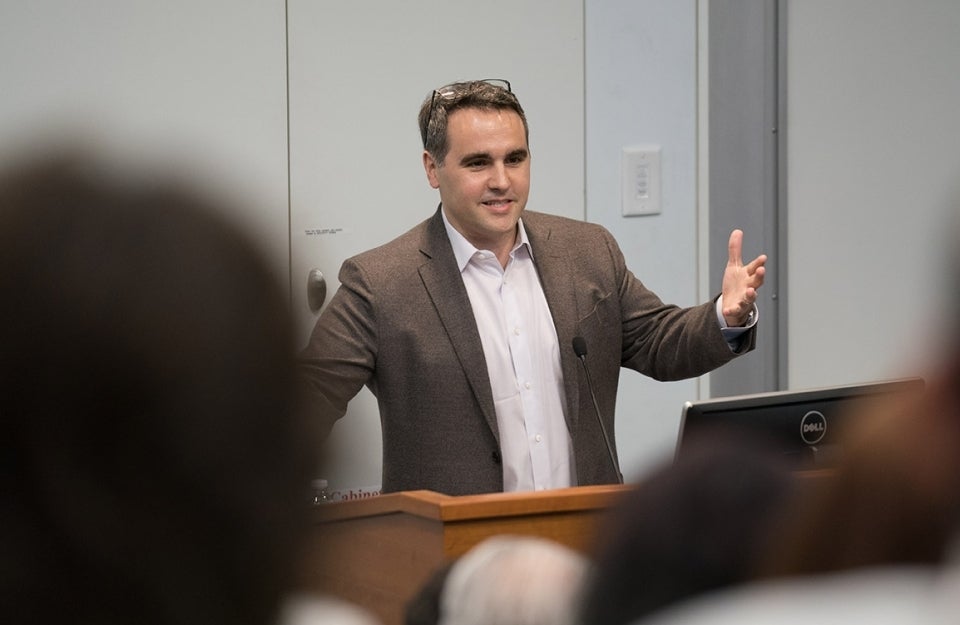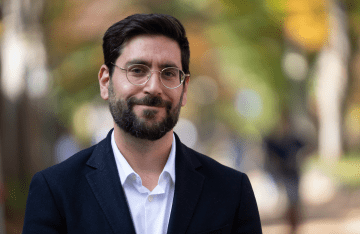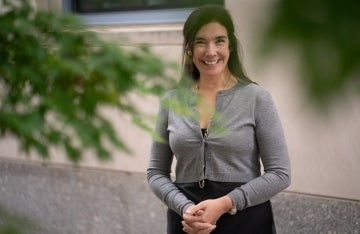Centola Teaching Online Course on Dynamics of Social Behavior
Available on Coursera, the course features cutting-edge research.

Have you ever wondered why Uber is massively popular, but you’ve never heard of similar company Curb? Or why certain fashions become wildly popular and others never make it off the runway? What drives these sorts of trends?
Damon Centola, Associate Professor of Communication at the Annenberg School, is teaching an online course to answer these questions and similar ones about why we engage in certain behaviors but not others. The course, hosted on the platform Coursera, will engage with cutting-edge research on the network dynamics of social behavior, investigating the forces that control the process of social evolution.
In one course video, Centola paints a picture of two identical populations with the same distributions of gender, race, and a number of other characteristics important for adopting a new product. When the new product is introduced, it goes viral in one population, spreading to everyone quickly, but in the other population, adoption trudges along very slowly until the product dies out altogether.
“What was the difference between those two populations?” Centola asks. “We have a number of different ways of trying to think about this question and trying ultimately to think about what would be the best ways to get new products and new ideas to spread.”
During the six-week course, students will be introduced to agent-based modeling and social network theory, learn about the “small worlds” paradox and discuss contagion models of diffusion, and consider the limitations of simple models of contagion. They will also analyze how behaviors become popular even when people dislike them, tackle how populations have widely shared social conventions without a central organizing mechanism, and study the best ways to organize teams that produce innovative solutions to complex problems.
Centola teaches most of the course’s video lectures, but Annenberg doctoral student Joshua Becker, a member of Centola’s Network Dynamics Group, contributes lectures as well. The course also involves interactive computational models, using hands-on NetLogo simulations.
Although the course is open to anyone, it is aimed at people who are interested in understanding how computational models are used to answer complex social questions. Experience with mathematical reasoning is helpful, but no formal prerequisites are required. The course begins on January 1 and will continue on a rolling basis. To enroll, visit the course’s site on Coursera.



